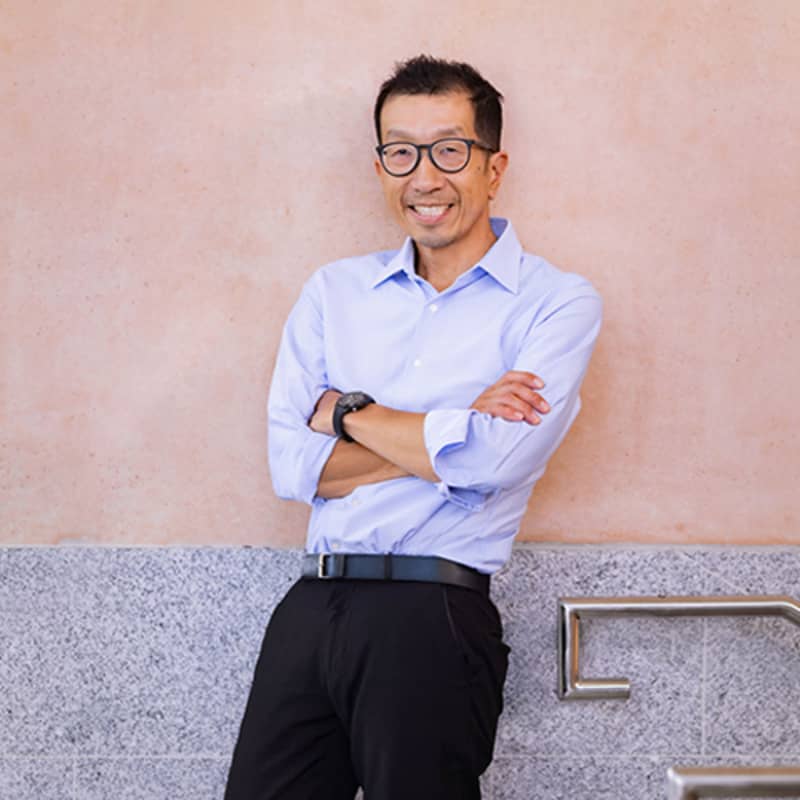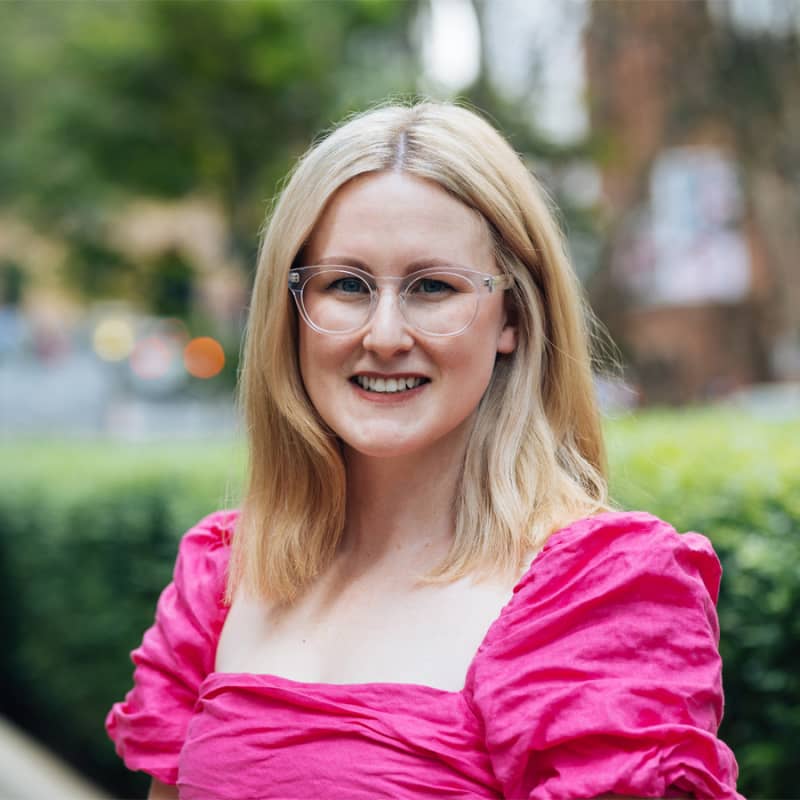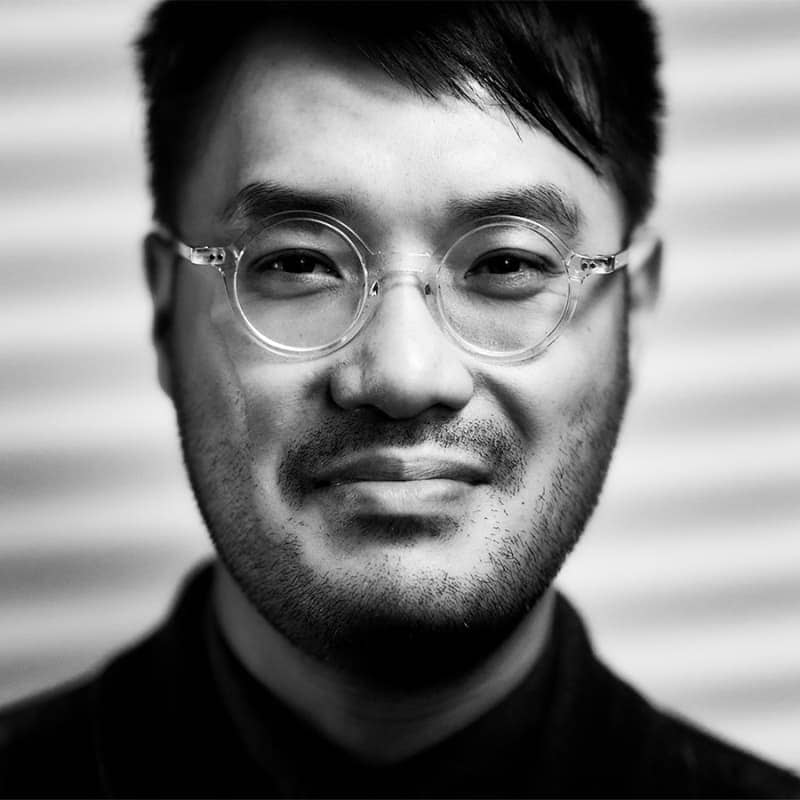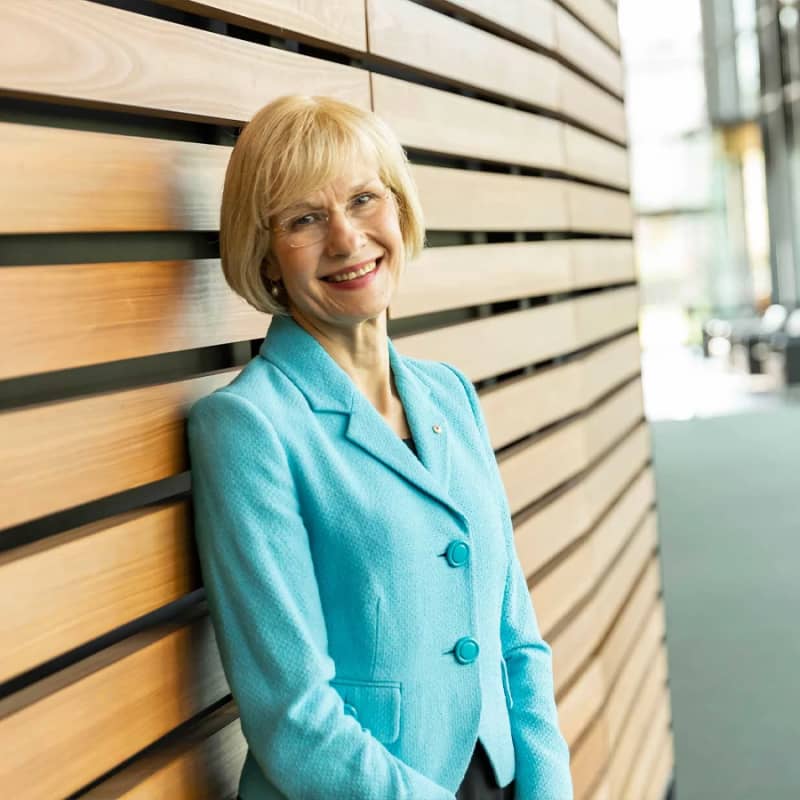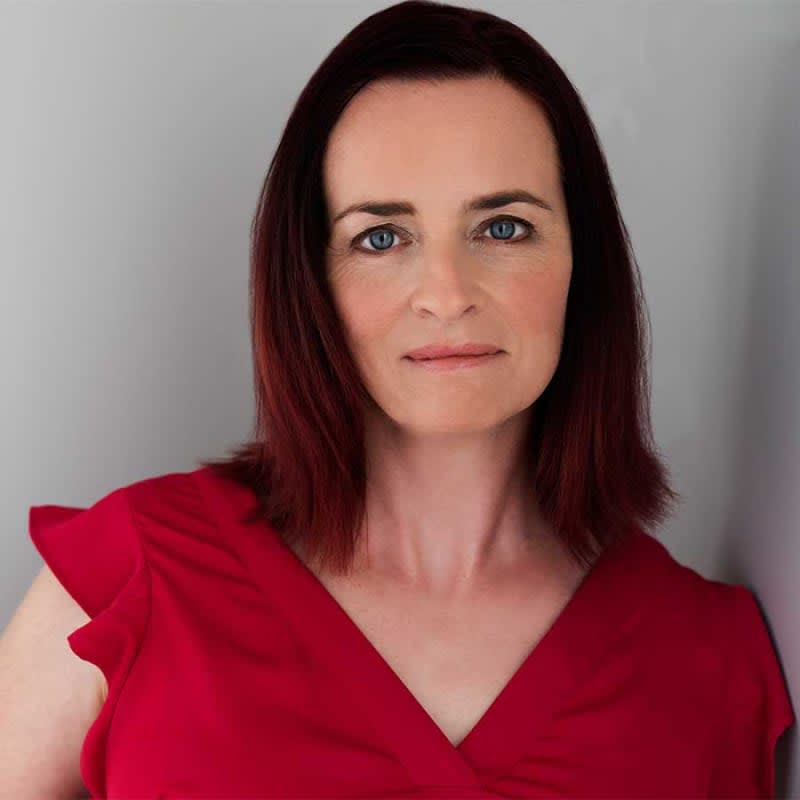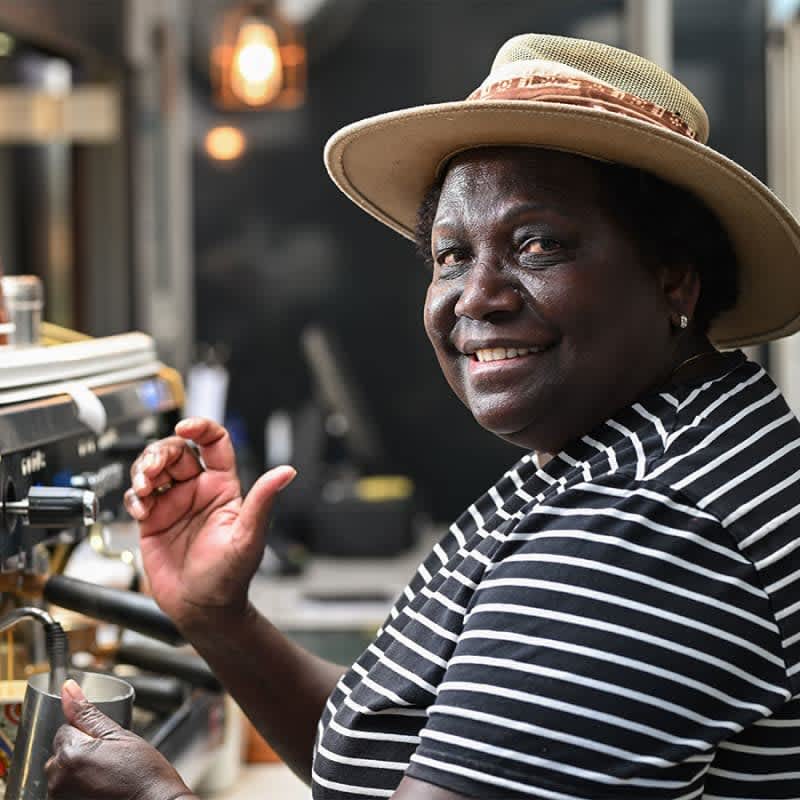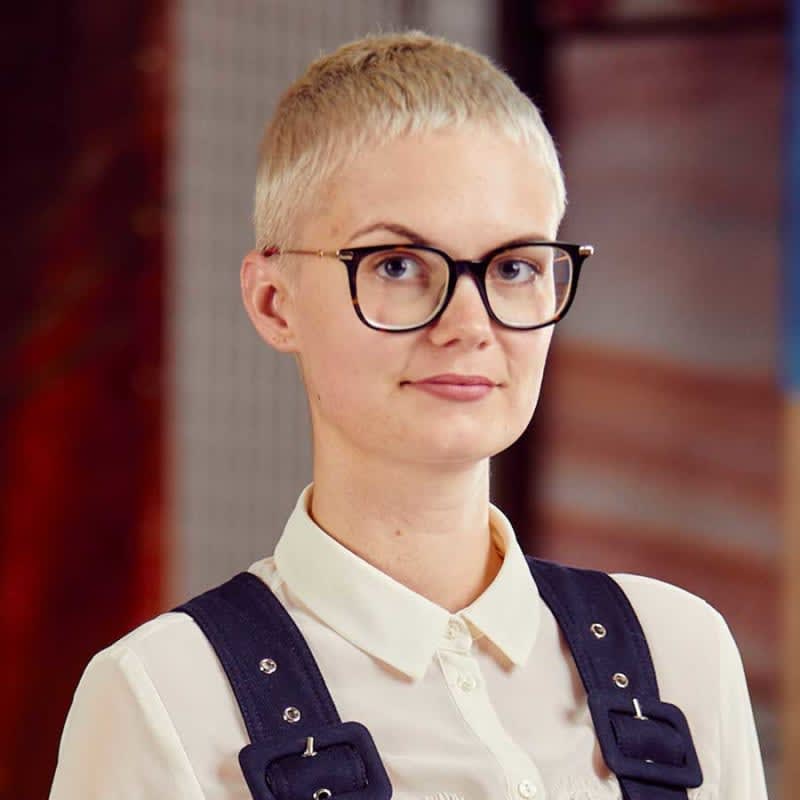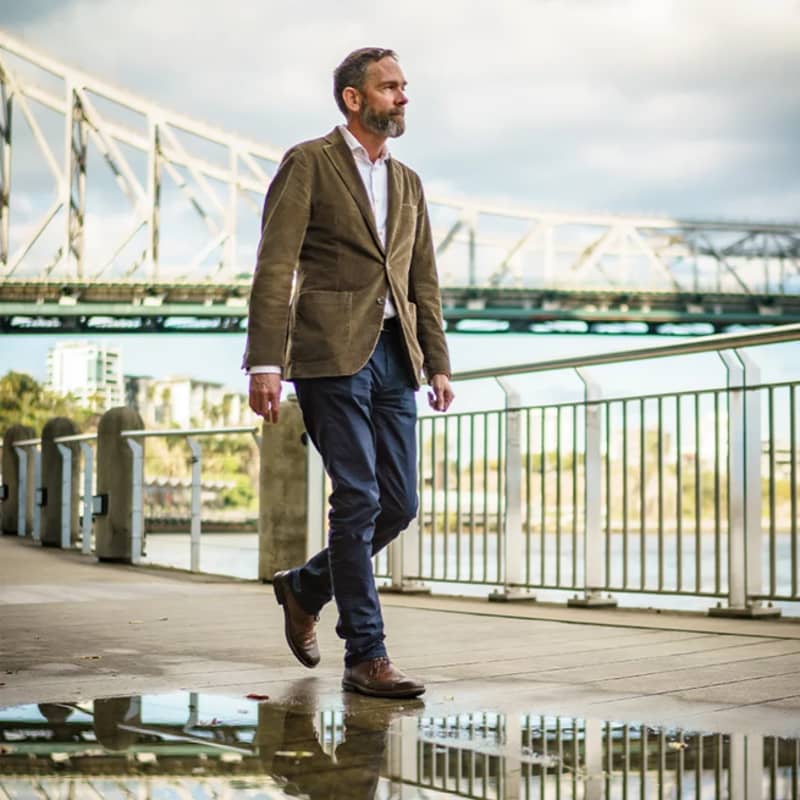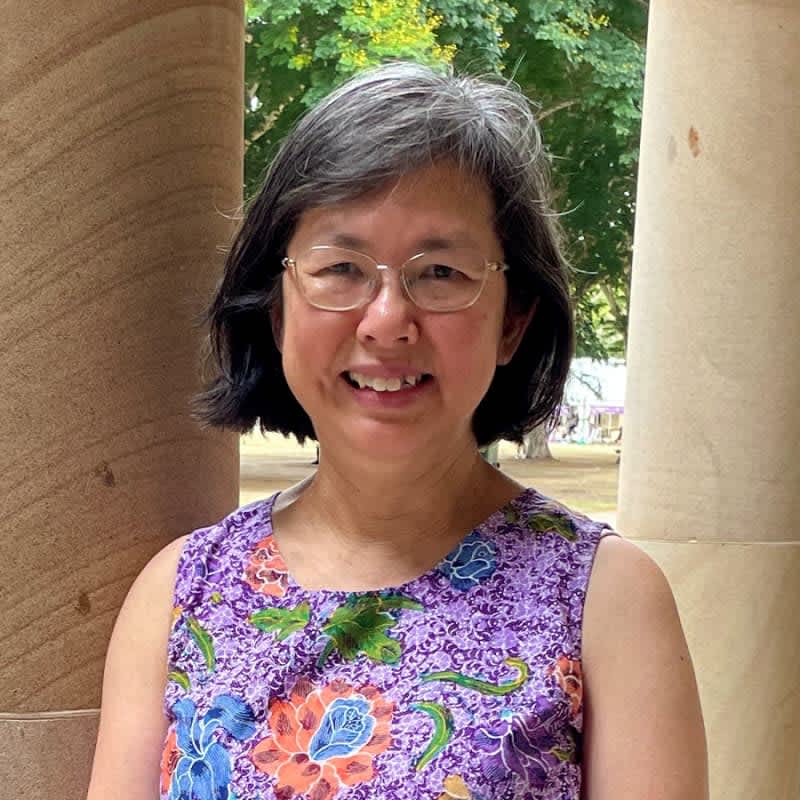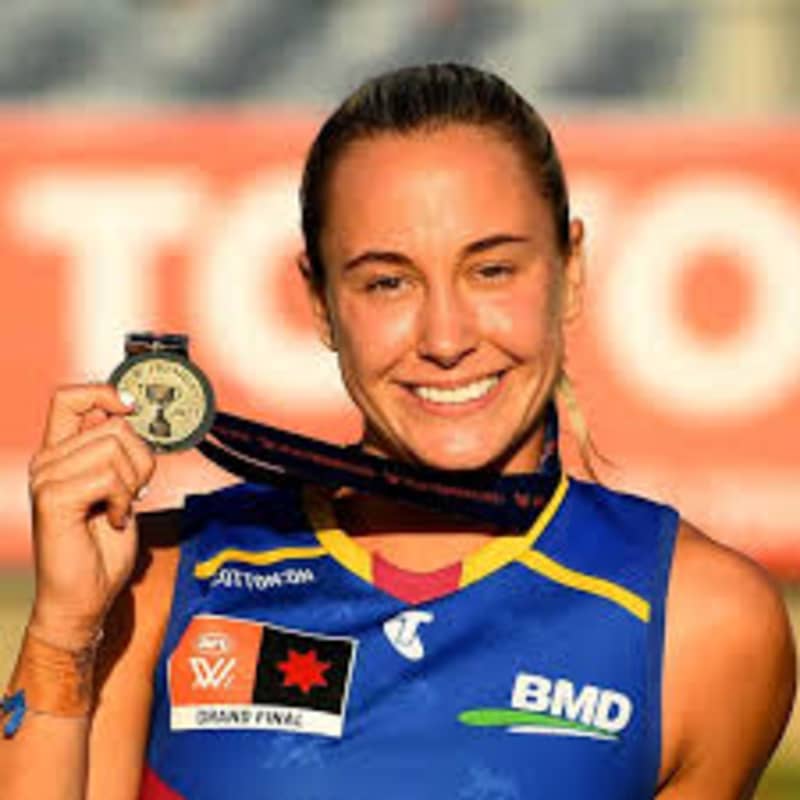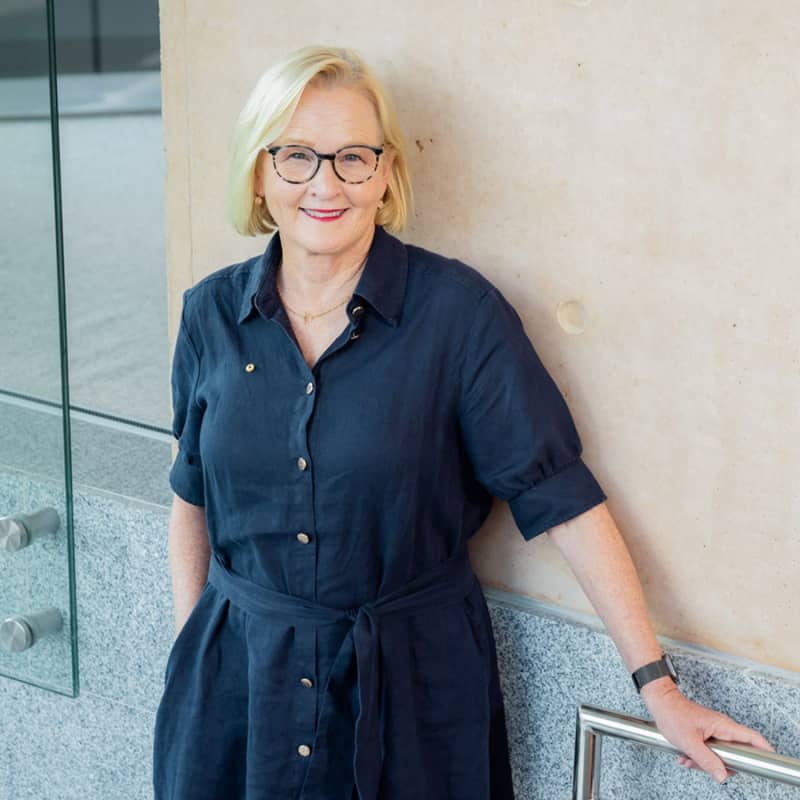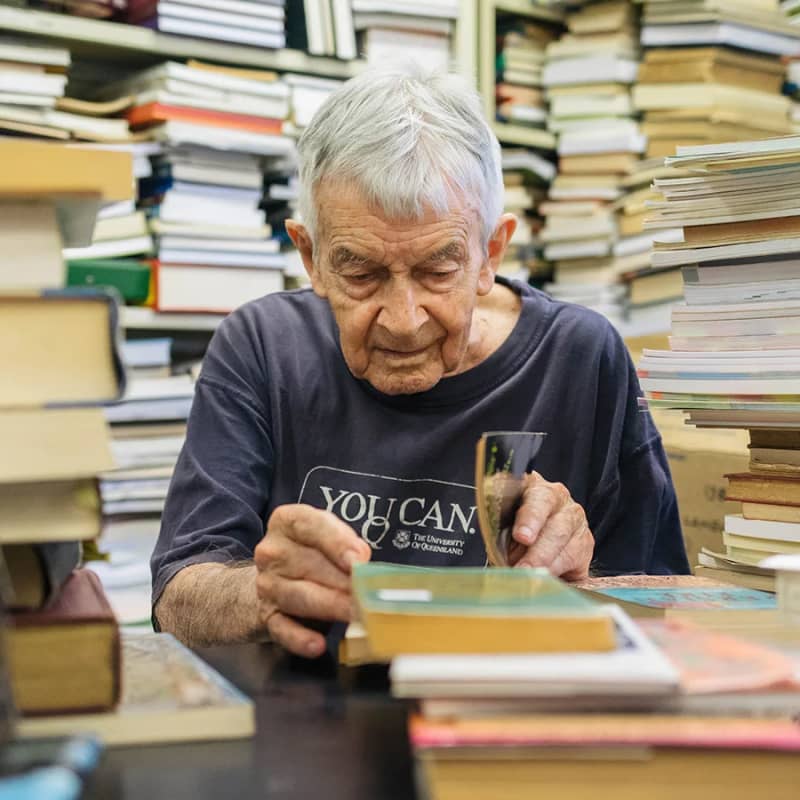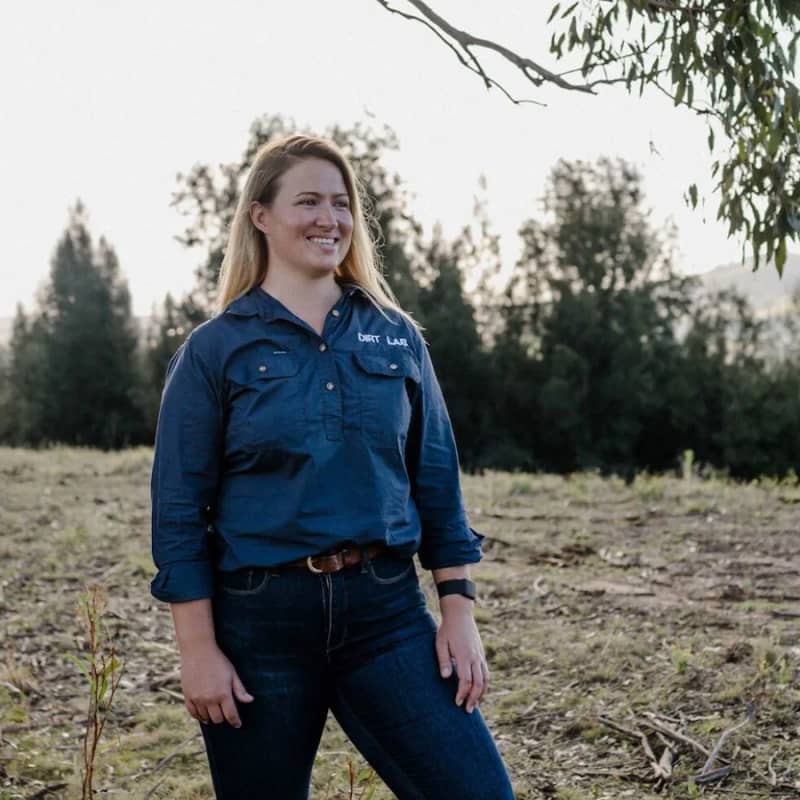The Real YouQ
Meet Professor Tracey Bunda, Professor of Indigenous Education at UQ

The Real YouQ
Meet Professor Tracey Bunda, Professor of Indigenous Education at UQ

Welcome back to The Real YouQ, a Contact Q&A series offering a glimpse into the real lives of members of the UQ community – from alumni to students and staff.
For this instalment, we sat down with Professor Tracey Bunda, a Ngugi/Wakka Wakka woman and Professor of Indigenous Education at UQ. Professor Bunda is a leading voice in Indigenous education and a passionate advocate for Aboriginal and Torres Strait Islander communities. In her role at UQ, she works towards embedding Indigenous knowledges and perspectives into our institution, ensuring that First Nations voices are heard, valued and respected.
With a background in community activism, Professor Bunda has played a pivotal role in transforming Indigenous education policy and practice in Australia. In February, she was honoured with a Career Achievement Award at the 2024 Australian Awards for University Teaching (AAUT), reflecting Professor Bunda's extraordinary dedication to her work and continuing UQ's streak as the most AAUT-awarded institution in the country.
But just who is the real Professor Tracey Bunda? Read on to find out.
What is your favourite UQ memory?
I have so many great memories from working at UQ. A couple of highlights include working with the Institute for Teaching and Learning Innovation (ITaLI) team to help Indigenise the curriculum across the university and taking our Aboriginal and Torres Strait Islander Studies students to the UQ Art Museum. It's a privilege to have our own Art Museum where the exhibitions are a teaching resource.
I’ve also enjoyed working with the academic team in the Aboriginal and Torres Strait Islander Studies Unit. One of my proudest moments is watching Indigenous students receive their sash before graduation. There are so many meaningful moments that it's hard to choose just one.
Is there a place on campus you feel most connected to? If so, why?
The Aboriginal and Torres Strait Islander Studies Unit is where I first started at the university, and it remains a special place for me. However, I’m really looking forward to when we're all located together in one place instead of being spread across multiple buildings. This will strengthen our collegiality. Additionally, I feel connected to the river, as it offers a peaceful, contemplative space. I find it spiritually moving to be with Maiwar.
Looking back to the day you first set foot on campus, is there anything you wish to tell that person now?
I would tell myself not to be frightened. The campus can seem overwhelming at first, but there are so many wonderful people here who will support and guide you in your work. Even though it might feel challenging, you will find your way with the support of fantastic, committed staff at UQ.
What’s one fact that people wouldn’t know about you?
I am the child of a career soldier, and I’m very proud of that. My father enlisted at a time when Aboriginal people weren’t even recognised as citizens in this country. I also had the opportunity to live in Malaysia as a teenager due to my father’s posting. This was a formative experience, living in another country. It gave me a perspective that a different country is complex and magnificent. It helped widen my world view.
This experience was particularly impactful as it coincided with the political movements in Australia where Aboriginal people were fighting for their rights. As I grew into an adult, this experience helped me find my own location in the struggle for Aboriginal peoples’ rights.
Is there a skill you wish you had learnt, or one that you’re currently trying to master?
One skill I’m working on improving is my flexibility and diversity when it comes to using technology. If it's a Word document, I’m your girl, but when things get more complex or involve fancy software, I’m still learning and working on being better.
What are the things you can’t live without?
I’m very family-oriented, so I need my family close by and regularly check in with them if they aren’t near. My family is very important to me. Because I’ve travelled so much and worked across many universities, I’ve learned how to create family wherever I am. Many of my close friends are family to me. I also can't live without swimming. It relaxes me, and it’s also a great way to stay fit.
What are you currently reading?
At the moment, I’m reading Living with the Climate Crisis: Voices from Aotearoa. It’s a collection of writings edited by UQ's Dr Tom Doig, with contributions from various authors, including Jacqueline Paul. I received this book as a gift from Jacqueline when she visited UQ. I’m reading chapters on climate change and how it impacts Māori and Pacifika communities, and it’s been really insightful.
Professor Tracey Bunda
Professor Tracey Bunda
What is your favourite UQ memory?
I have so many great memories from working at UQ. A couple of highlights include working with the Institute for Teaching and Learning Innovation (ITaLI) team to help Indigenise the curriculum across the university and taking our Aboriginal and Torres Strait Islander Studies students to the UQ Art Museum. It's a privilege to have our own Art Museum where the exhibitions are a teaching resource.
Professor Tracey Bunda
Professor Tracey Bunda
I’ve also enjoyed working with the academic team in the Aboriginal and Torres Strait Islander Studies Unit. One of my proudest moments is watching Indigenous students receive their sash before graduation. There are so many meaningful moments that it's hard to choose just one.
Is there a place on campus you feel most connected to? If so, why?
The Aboriginal and Torres Strait Islander Studies Unit is where I first started at the university, and it remains a special place for me. However, I’m really looking forward to when we're all located together in one place instead of being spread across multiple buildings. This will strengthen our collegiality. Additionally, I feel connected to the river, as it offers a peaceful, contemplative space. I find it spiritually moving to be with Maiwar.
Looking back to the day you first set foot on campus, is there anything you wish to tell that person now?
I would tell myself not to be frightened. The campus can seem overwhelming at first, but there are so many wonderful people here who will support and guide you in your work. Even though it might feel challenging, you will find your way with the support of fantastic, committed staff at UQ.
What’s one fact that people wouldn’t know about you?
I am the child of a career soldier, and I’m very proud of that. My father enlisted at a time when Aboriginal people weren’t even recognised as citizens in this country. I also had the opportunity to live in Malaysia as a teenager due to my father’s posting. This was a formative experience, living in another country. It gave me a perspective that a different country is complex and magnificent. It helped widen my world view.
This experience was particularly impactful as it coincided with the political movements in Australia where Aboriginal people were fighting for their rights. As I grew into an adult, this experience helped me find my own location in the struggle for Aboriginal peoples’ rights.
Is there a skill you wish you had learnt, or one that you’re currently trying to master?
One skill I’m working on improving is my flexibility and diversity when it comes to using technology. If it's a Word document, I’m your girl, but when things get more complex or involve fancy software, I’m still learning and working on being better.
What are the things you can’t live without?
I’m very family-oriented, so I need my family close by and regularly check in with them if they aren’t near. My family is very important to me. Because I’ve travelled so much and worked across many universities, I’ve learned how to create family wherever I am. Many of my close friends are family to me. I also can't live without swimming. It relaxes me, and it’s also a great way to stay fit.
What are you currently reading?
At the moment, I’m reading Living with the Climate Crisis: Voices from Aotearoa. It’s a collection of writings edited by UQ's Dr Tom Doig, with contributions from various authors, including Jacqueline Paul. I received this book as a gift from Jacqueline when she visited UQ. I’m reading chapters on climate change and how it impacts Māori and Pacifika communities, and it’s been really insightful.

Who are your real-life heroes?
My real-life heroes are the three matriarchs who raised me — my mother and my two Aunties. I would also say my Dad. They instilled in me important values and a love of education. All of them, as Aboriginal people, were denied an education in the times in which they lived, but despite that, they were brave, courageous, ethical and strong. While they may have led what some would consider ordinary lives, their strength and resilience were extraordinary to me.
Congratulations on your AAUT Career Achievement Award! What does this recognition mean to you?
It was such a surprise! I felt very honoured to receive this award. Honestly, I didn’t think I had a chance because there are so many brilliant teachers across the country. To win was amazing, and attending the awards ceremony in Canberra, surrounded by our UQ staff, was an absolute honour. I’m very grateful for this recognition.
You’ve had an incredible 40-year career in Indigenous education. What has been the greatest lesson you’ve learnt and that you wish to pass on to future leaders in this space?
The greatest lesson I’ve learnt is that Aboriginal and Torres Strait Islander education is not easy within the academy. There are many challenges, and a lot of work remains to be done. My advice to future leaders is to persevere and believe in yourself. Always ensure that you’re doing this work for the right reasons. For me, it’s been about uplifting our communities because the work we do will help make our communities stronger and healthier.
The work we do in the university is continuous and serious, so don’t forget to reward yourself and take downtime. You need to disconnect from the university. It’s a large organisation, and it can consume you if you’re not careful. It’s important to create space for yourself to reconnect with the Aboriginal community, which will give you the strength to keep going. Setting boundaries is key to maintaining balance.
View each instalment in the series






